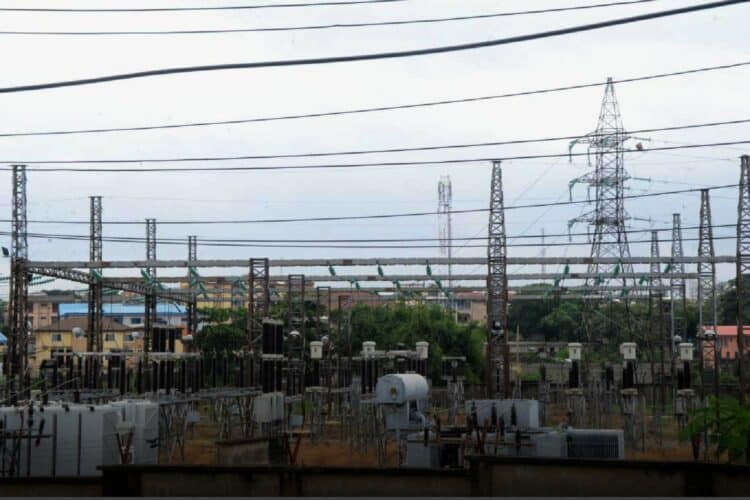Nigeria faces a severe electricity crisis as the country’s power grid experiences a total system collapse, leading to widespread power cuts and sparking fears of loadshedding in the region.
Is Nigeria experiencing loadshedding?
As reported by BBC News, electricity distribution companies reported that power generation levels dropped to zero megawatts on Thursday, causing significant disruptions.
This power outage is one of the most serious in Nigeria in the past year, with the West African nation’s grid collapsing at least four times in 2022, often attributed to technical issues.
Nigeria, despite being a major oil and gas producer, frequently grapples with erratic power supplies.
Currently, only a small fraction of the usual electricity consumption is being restored following the collapse.
Does power go out in Nigeria?
It’s important to note that less than half of Nigeria’s population has access to a reliable power supply.
Many people rely on generators, inverters, and alternative sources of electricity due to the unreliable national grid. Most homes and businesses are not solely dependent on the national power grid.
While Nigeria has the theoretical capacity to generate up to 12 500 megawatts of electricity, it typically produces only a quarter of that capacity.
As of Thursday, power levels had risen from zero to 273 megawatts around 10:30 local time, still well below the daily average of 4 100 megawatts.
Will Nigeria implement loadshedding to address their power crisis?
Loadshedding, a controlled process used to manage power systems during unplanned events, is in place to prevent a complete blackout. A nationwide blackout could have severe consequences and take an extended period to restore.
President Bola Tinubu, who assumed office just over 100 days ago, has pledged to address Nigeria’s power supply challenges by allowing state governments to develop their power generation facilities.
At this time, the Nigerian government has yet to announce plans to implement loadshedding as a solution to their energy crisis.






